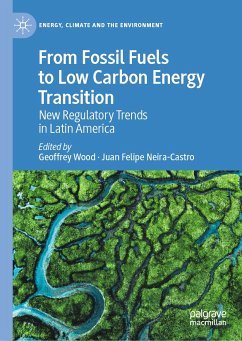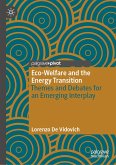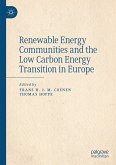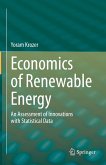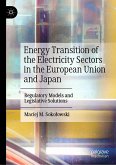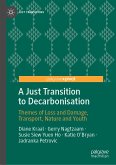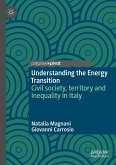Energy transition continues to sit at the centre of the Latin American policy debate as the world continues to push for carbon neutrality by 2050. Latin America is undergoing a renewable energy transition, with substantial reserves (solar, wind, hydro, geothermal) and many countries in the region setting ambitious renewable energy policies, laws, and regulations to address climate change. However, recent initiatives to promote renewables must be placed in context. Historically, Latin America has developed and improved its economic and social standards due primarily to an economy based on the extractive industries and fossil fuels. This places renewables at the crossroads of multiple drivers, as the region seek to ensure security of supply, attract investment, and facilitate a low carbon energy transition.
Dieser Download kann aus rechtlichen Gründen nur mit Rechnungsadresse in A, B, BG, CY, CZ, D, DK, EW, E, FIN, F, GR, HR, H, IRL, I, LT, L, LR, M, NL, PL, P, R, S, SLO, SK ausgeliefert werden.

